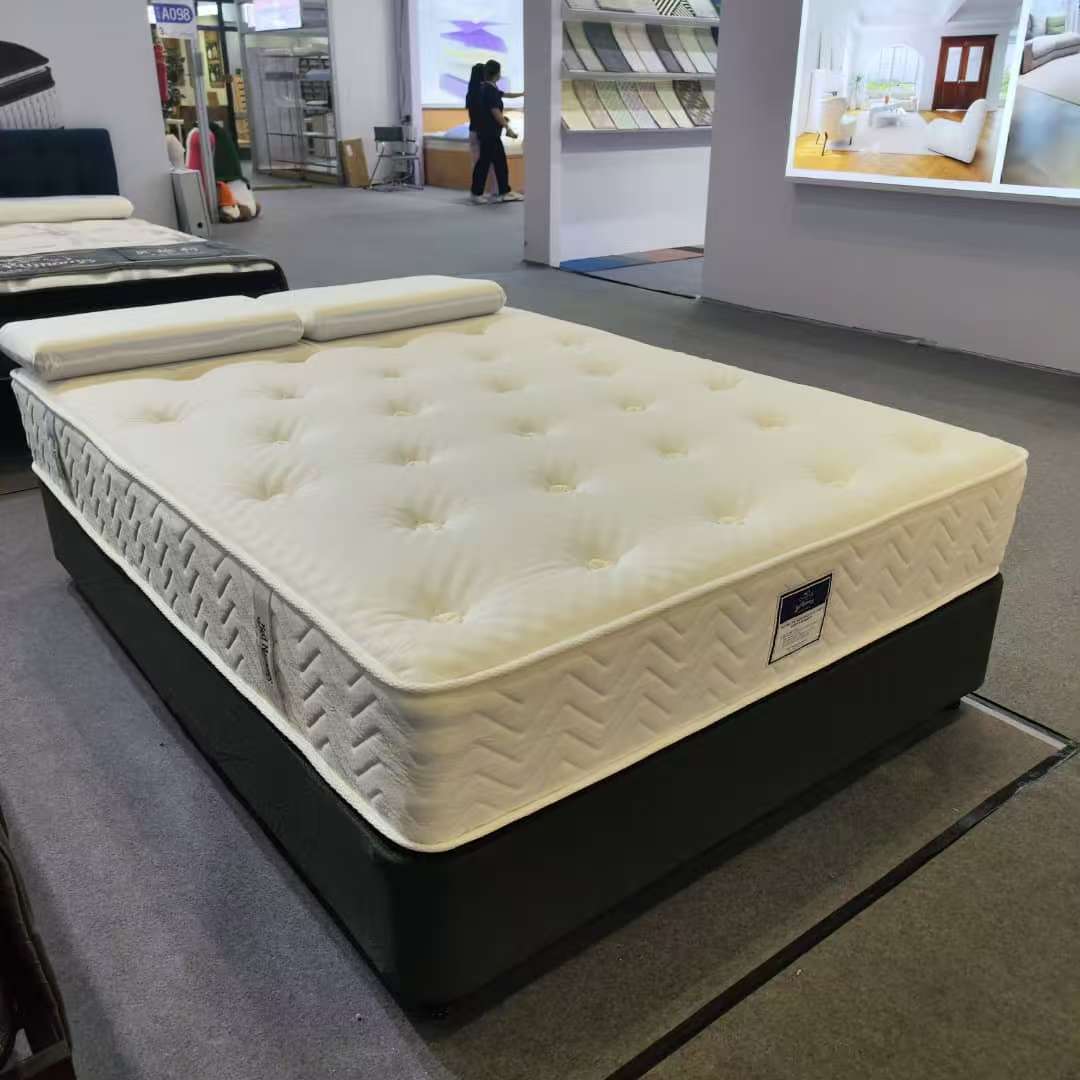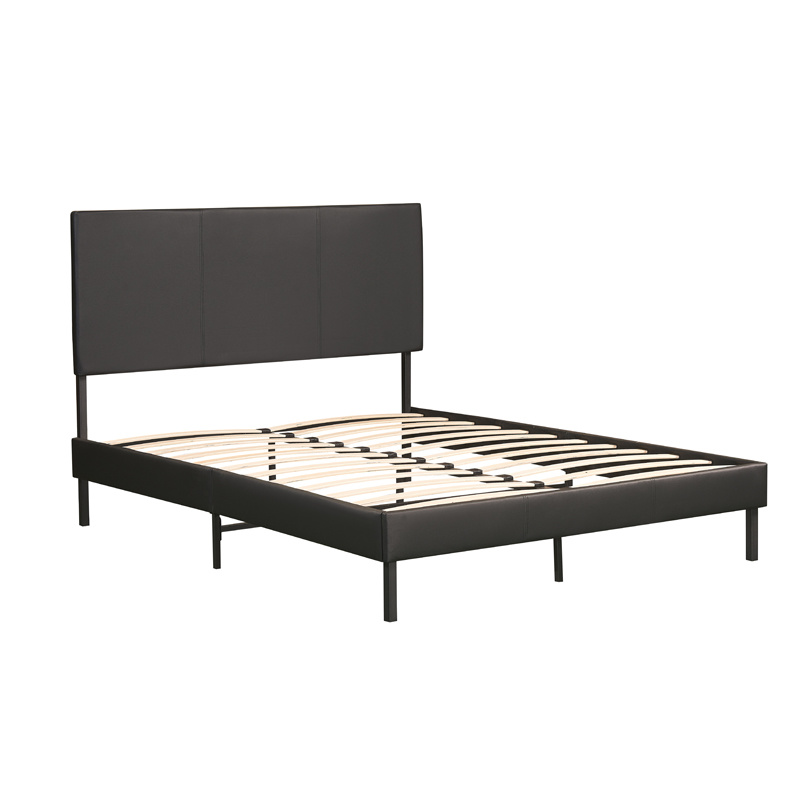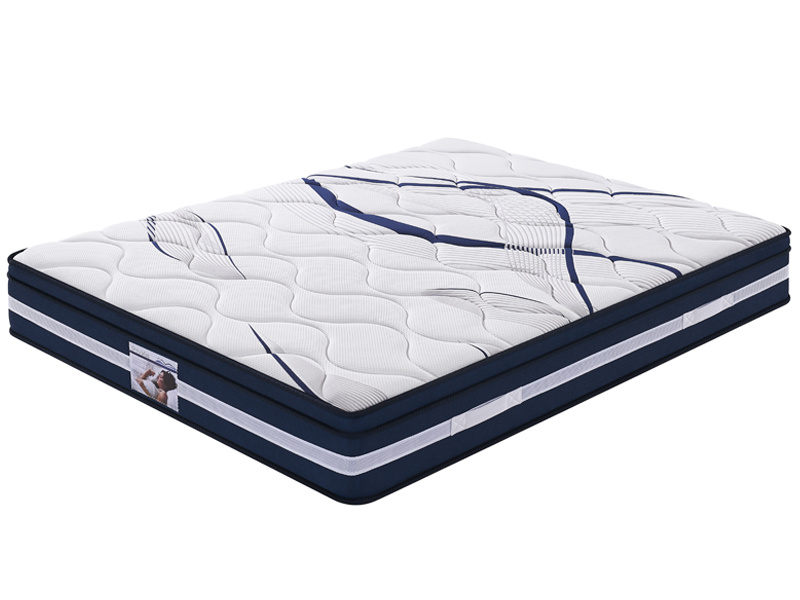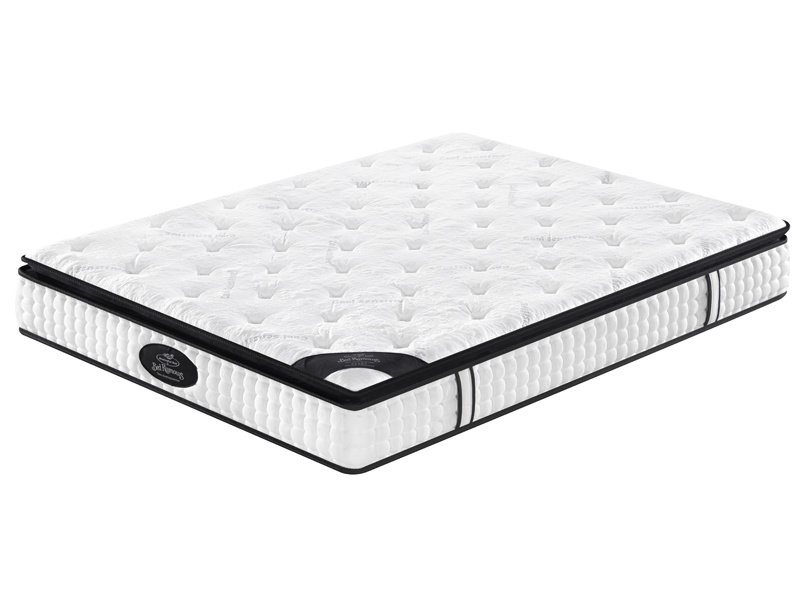How Do I Know What Mattress is Best for Me?
2024-06-12
How Do I Know What Mattress is Best for Me?
Choosing the best mattress is a highly personal decision that depends on various factors including your sleeping position, body type, personal preferences, and any specific health concerns. Here’s a comprehensive guide to help you determine which mattress is best for you.
Factors to Consider
1. Sleeping Position
Your preferred sleeping position plays a significant role in determining the type of mattress that will provide you with the most comfort and support.
-
Side Sleepers: Generally benefit from a softer mattress that can contour to the curves of the body, providing relief at pressure points like the shoulders and hips. Memory foam or plush hybrid mattresses are often ideal.
-
Back Sleepers: Need a mattress that offers a balance of support and comfort to maintain natural spinal alignment. A medium-firm mattress, such as a hybrid or firm memory foam, is typically suitable.
-
Stomach Sleepers: Require a firmer mattress to prevent the hips from sinking too deeply, which can lead to back pain. Innerspring or firm foam mattresses are usually best.
-
Combination Sleepers: Should look for a versatile mattress that provides a balance of comfort and support across all sleeping positions. Medium-firm hybrid mattresses are a good option.
2. Body Type and Weight
Your body type and weight affect how a mattress feels and performs.
-
Lightweight Sleepers (under 130 lbs): Often prefer softer mattresses that provide more contouring and pressure relief.
-
Average Weight Sleepers (130-230 lbs): Typically find medium-firm mattresses to be comfortable, offering a good mix of support and cushioning.
-
Heavyweight Sleepers (over 230 lbs): Usually need a firmer mattress to provide adequate support and prevent excessive sinkage. High-density foam or hybrid mattresses are often the best choice.
3. Personal Preferences
-
Firmness Level: Mattress firmness is a subjective preference, but it’s crucial to find the right balance between comfort and support. Consider your past experiences with mattresses to gauge your preferred firmness level.
-
Material: Different materials offer different feels. Memory foam is known for its contouring properties, latex for its bounce and natural cooling, innerspring for its traditional feel and support, and hybrids for a combination of these benefits.
4. Specific Health Concerns
-
Back Pain: Look for a mattress that provides excellent support and maintains spinal alignment. Medium-firm memory foam or hybrid mattresses are often recommended.
-
Joint Pain: Opt for a mattress that offers good pressure relief, such as memory foam or a softer latex mattress.
-
Allergies: Consider hypoallergenic materials like latex or mattresses with removable, washable covers.
5. Temperature Regulation
If you tend to sleep hot, look for mattresses with cooling features. Innerspring and hybrid mattresses typically allow for better airflow. Some memory foam mattresses are infused with cooling gel or have open-cell structures to enhance breathability.
Testing the Mattress
1. In-Store Testing
-
Lie Down: Spend at least 10-15 minutes lying on each mattress in your typical sleeping position to get a true feel for its comfort and support.
-
Ask Questions: Don’t hesitate to ask the salesperson about the materials, construction, and durability of the mattress.
2. Online Shopping
-
Trial Periods: Many online mattress companies offer generous trial periods (often 100 nights or more). Use this time to test the mattress at home and ensure it meets your needs.
-
Reviews and Ratings: Read customer reviews and ratings to understand the experiences of other sleepers with similar preferences and needs.
Budget Considerations
While it’s important to find a mattress that meets your needs, it’s also essential to consider your budget. Higher-priced mattresses often come with advanced features and higher-quality materials, but there are many affordable options that provide excellent comfort and support.
Conclusion
Finding the best mattress for you involves considering your sleeping position, body type, personal preferences, specific health concerns, and budget. Take the time to test different options, either in-store or through online trials, to ensure you choose a mattress that provides the perfect balance of comfort and support for a restful night’s sleep. Remember, a good mattress is an investment in your overall health and well-being, so choose wisely.













